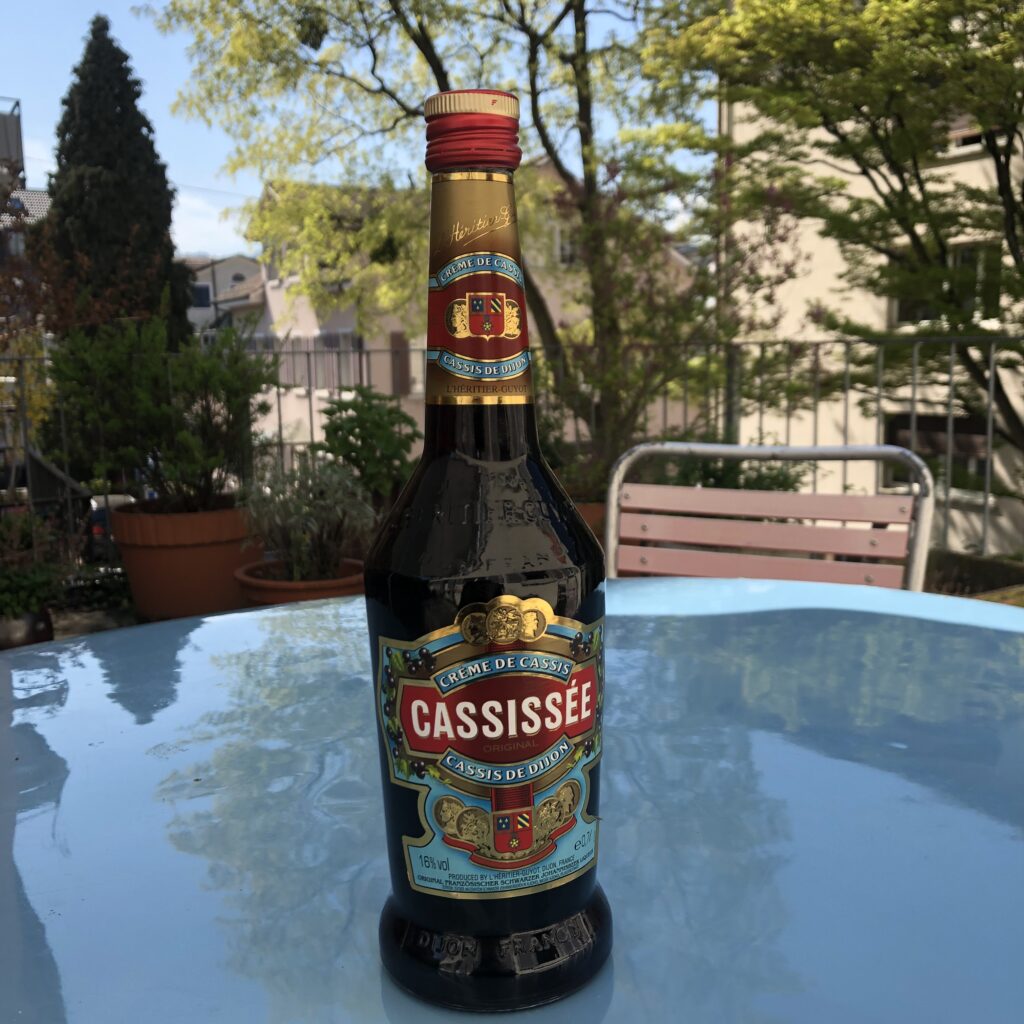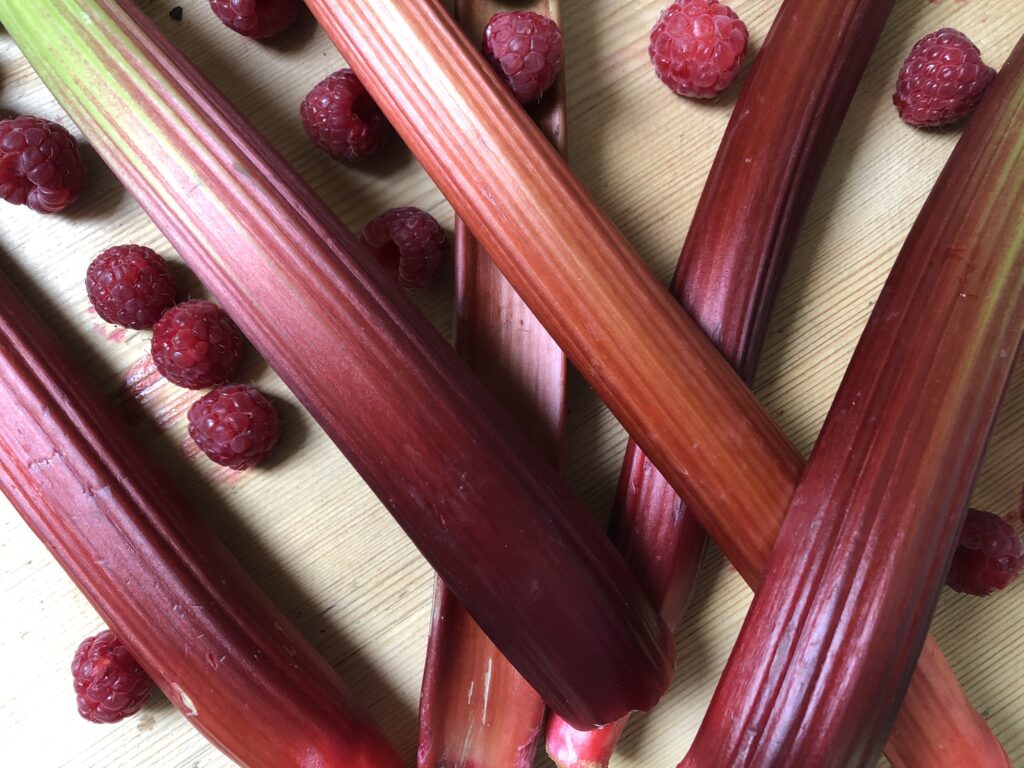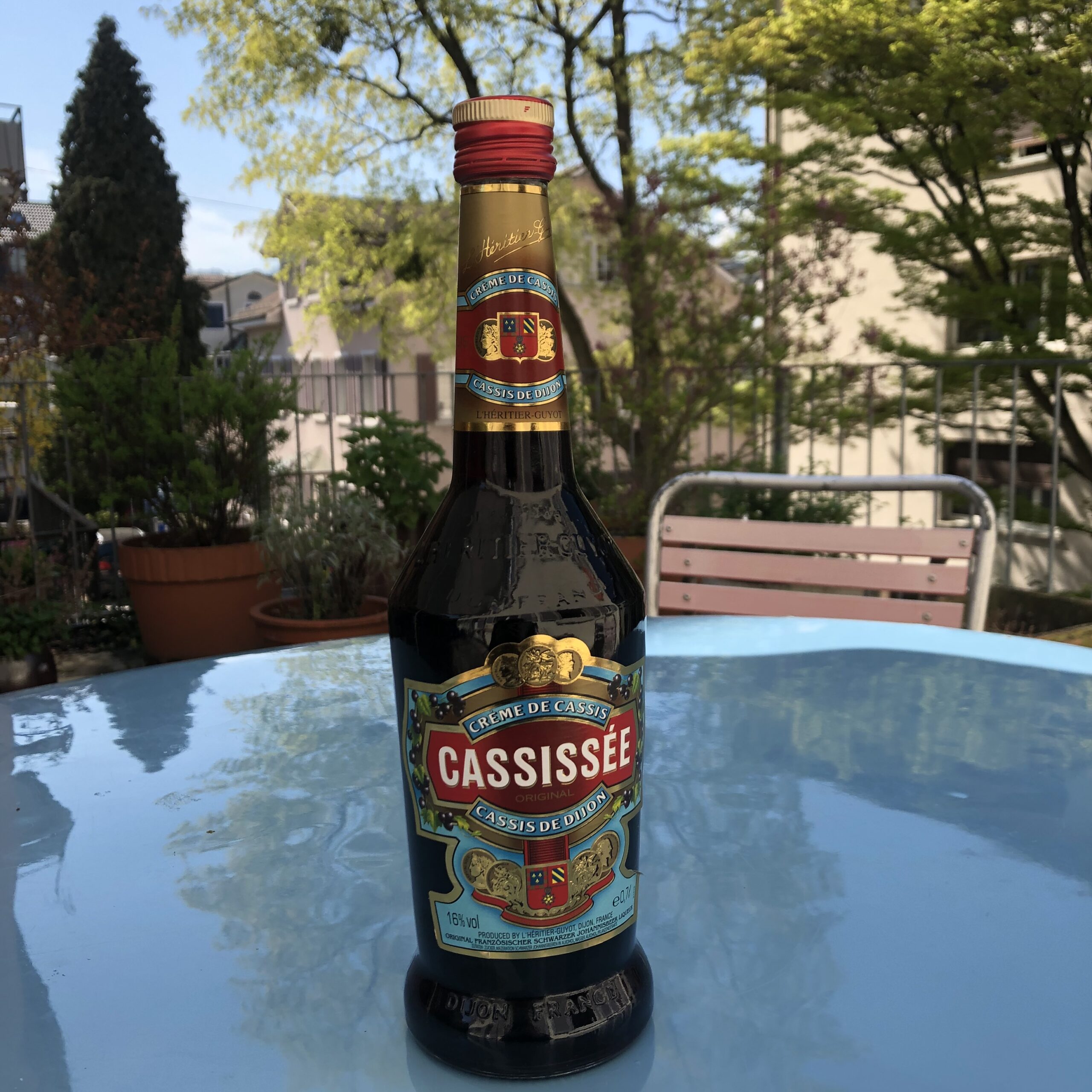Better belly burst than good liquor lost.
Jonathan Swift

There is a small cantina on the side of the black slate stairs in my house in Italy. Boxes of old books, paintings, tools and a myriad collection of ancient liquor bottles lie in the cool darkness, waiting for me to finally decide their fate. It has been almost 20 years since our dear friend Lee Dimond sold his neighbouring house and bequeathed us his opened Tanqueray, Four Roses Whiskey, Remy Martin Cognac, Grappa, Marsala, Noilly Prat and Crème de Cassis. As habitual wine drinkers, we have only used them in the kitchen for dishes such as chicken doused in cognac and pears baked in Marsala. Every few years, I sniff one of these bottles and if I gag, I reluctantly get rid of it. Why the hoarding? To me, they are the last remnants of raucous parties held on Lee’s terrace and now that he has passed away, it feels as if I am pouring his final memories down the drain. My thinking is of course flawed. I have a whole set of his Georg Jensen cocktail glasses, his old fishing sweater, and dozens of great times with him filed safely in my head where they belong.
I never got around to making a Kir Royal with the Crème de Cassis, and after doing a little bit of research on the Internet, it is clear that I will need to toss this bottle immediately upon my return. The Connaisseurs have informed me that informed this blackberry liqueur has an alcohol content varying between 15 to 25% and only lasts between 4 and 8 months maximum in the refrigerator.
White Vermouth has the same short-lived destiny. Julia Child and Nigella Lawson both recommend it instead of white wine to cook with as it has a more distinct taste and lasts so much longer. Well, I don’t think I would get through a bottle of this either before it spoiled. In an ideal world, I would be able to buy every liqueur possible in those tiny bottles distributed to desperate passengers on the airplanes, but so far, I have only found one of Grand Marnier.
Easter weekend is coming up in Switzerland and I intend to get my hands on a fresh bottle of Crème de Cassis to make my favourite rhubarb dessert. It will be worth buying one with a higher liquor content, as it will last longer than the less expensive, lighter alcoholic ones. Kir Royals will be served in defiance to the coronavirus. Later, I will get adventurous and even try a Communard cocktail. During the summer, it will seep into berry coulis and pies. In September, prune plums baked with crème de cassis and red wine will fill the apartment with their boozy scent. This time around, my bottle will not go to waste.
Rhubarb with Crème de Cassis
A knickerbocker glory for adults. I like to serve this with fior di latte ice cream and sugar cookies. Of course, vanilla ice cream or double cream would be excellent as well.
1 lb rhubarb
1/3 cup sugar or honey to taste
1/4 cup crème de cassis
A handful of rasberries (optional)
Rinse the rhubarb and cut it into 2-inch segments. Combine with the other ingredients in a saucepan. Bring to a boil and stir. Cover, reduce the heat to low and cook for about 3 minutes. Take off the stove when the rhubarb is soft, not falling apart. Add the rasberries, if using. Cool, then refrigerate.
Prune Plums with Crème de Cassis
This dessert is inspired by a recipe written by the great food writer Diana Henry, from her book Cook Simple. In the original, she uses many different fruits and cuts them up small. I was more interested in finding the best sauce for baked prune plums, and her combination of cassis liqueur and red wine is just so much “more” than the usual suspects: red wine, sugar, citrus peel and cinnamon. Again, I serve this with fior di latte ice cream.
Serves 4
Ingredients
Around 15 Stanley plums
175 mL (6 fluid ounces) red wine
175 mL (6 fluid ounces) crème de cassis
1 or 2 tablespoons of sugar, if needed
Optional: a handful of blackberries
Preheat the oven to 170 degrees centigrade/ 325 degrees Fahrenheit
Slice all of the plums in half and pit them. Lay them in a shallow ovenproof dish and add the wine, the liqueur and a little bit of sugar if you think the plums are particularly sour. Bake for around 30 minutes. Remember that plums get softer while they cool, so start checking after 20 minutes. Five minutes before you think everything will be done, drop the blackberries into the sauce and continue to cook so that they also lose their raw bite. Take the fruit out of the oven. With a slotted spoon, transfer the fruit to a shallow bowl. Over medium-high heat, reduce the sauce until it is a bit thicker. I usually reduce it by about 30%. Then pour the sauce over the fruit and let everything cool.


